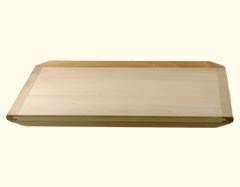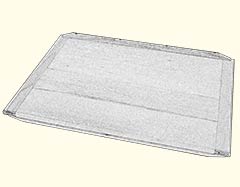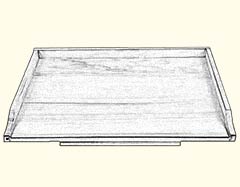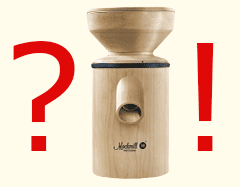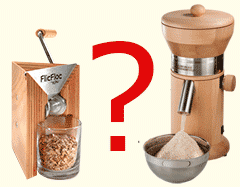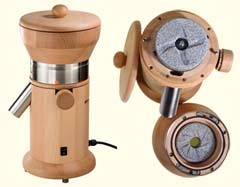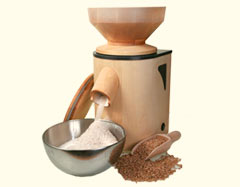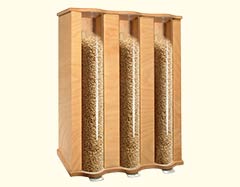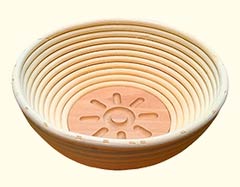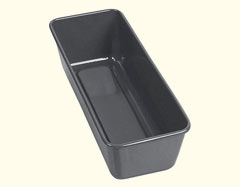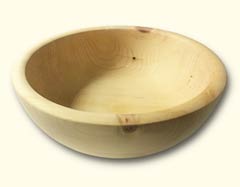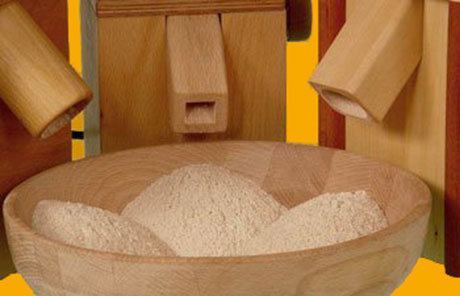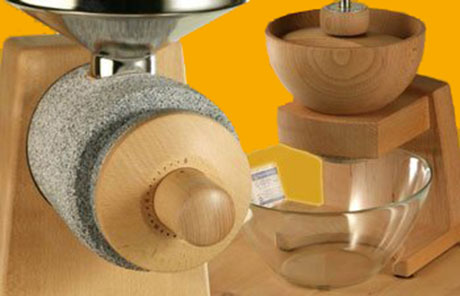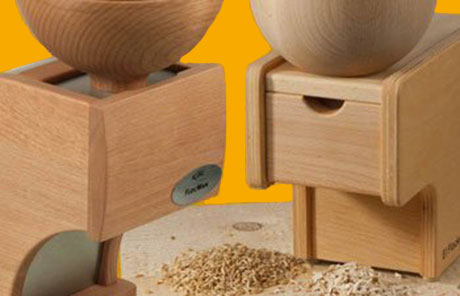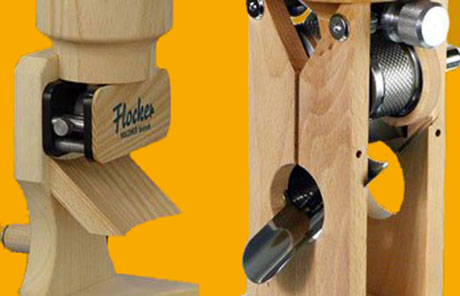Baking Board / Pasta Board / Dough Board
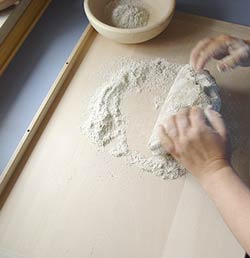
The classic baking board
The dough from the freshly ground wholemeal flour for tasty, free-shelved wholemeal bread wants to be kneaded well so that it can become nice and fluffy. Basically, you can knead and roll out the dough on any smooth, flat surface. On kitchen worktops, you often don't have a surface large enough without having to move everything aside. This is where a baking board (= pasta board, dough board) that you can place on any table comes in handy.
Classic baking boards consist of three elements
- One board
- Two stop bars (left and right)
- Two stop bars (top and bottom)
Wood selection and construction of a traditional artisan baking and pasta board
The wood should not have large pores where residual flour can accumulate and mould. The structure should be as uniformly hard as possible, so that the wood fibres of different hardness (e.g. spruce, fir) do not create a groove-like finish
Lime wood is particularly suitable for the board. It has an even structure and is also relatively light.
The side rails must be hard and resistant to bending, because they are supposed to keep the board straight and flat. Beech is made for this: fine-pored, hard and resistant to bending.
The stop strips are applied to the long ends of the board on different sides. On the one hand, they serve as a stop at the edge of the table so that the board does not slip backwards during kneading, and on the other hand, they serve as a demarcation so that the flour does not fall down to the back.
Handling and cleaning a baking board
Baking boards can be used on both sides. They can be cleaned damp and also really wet. Then let them dry well ventilated from all sides so that there are no mould stains or the board warps. Sticky dough residues can be scraped off with an edged object, e.g. the back of a knife. Never use sharp knives or razor blade scrapers such as those used for ceramic hobs because they would cut the wood. In the course of time, a protective patina forms. However, if you don't like this, you can occasionally sand your beloved baking board with fine sandpaper (grain size at least 120).
